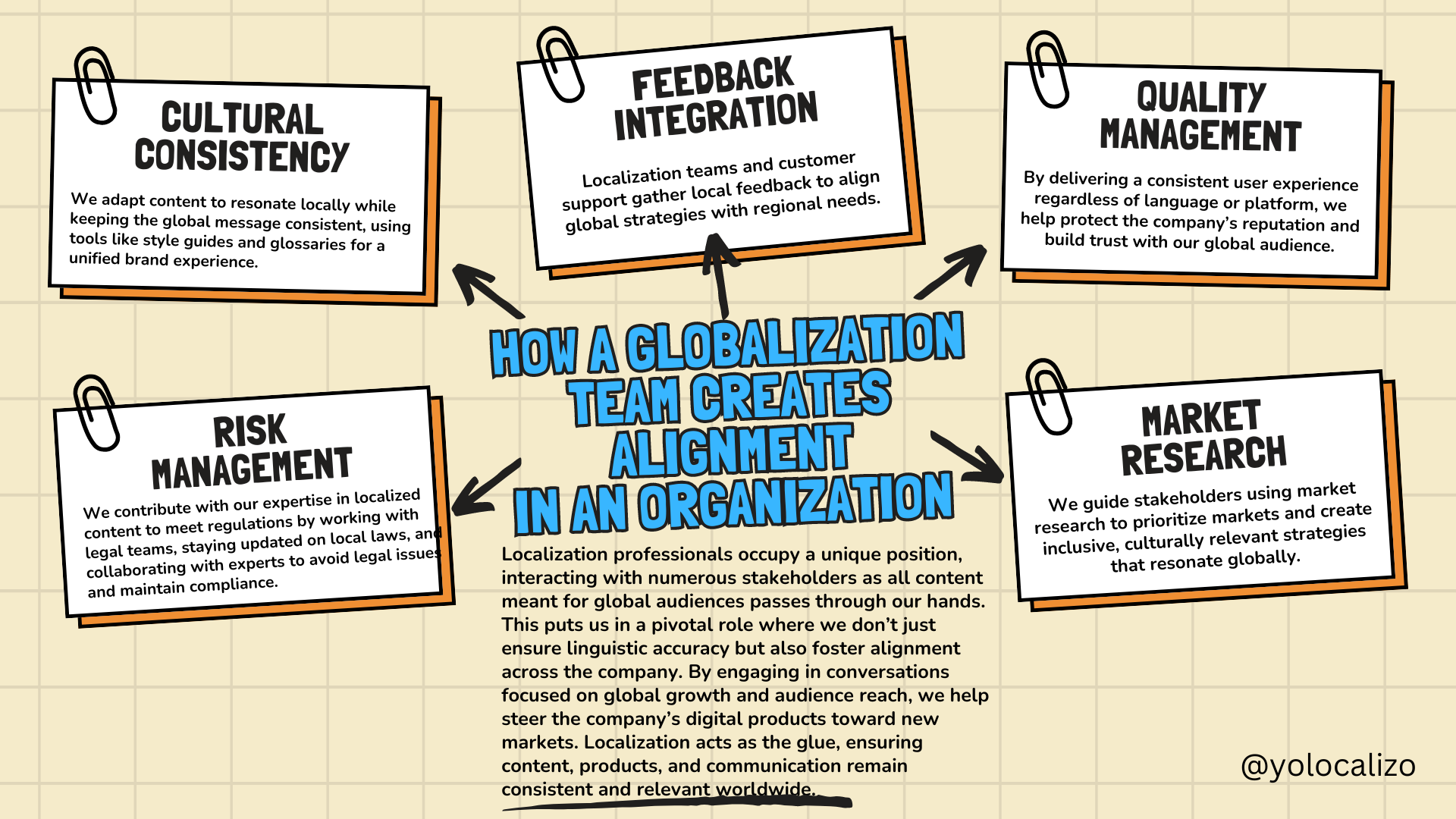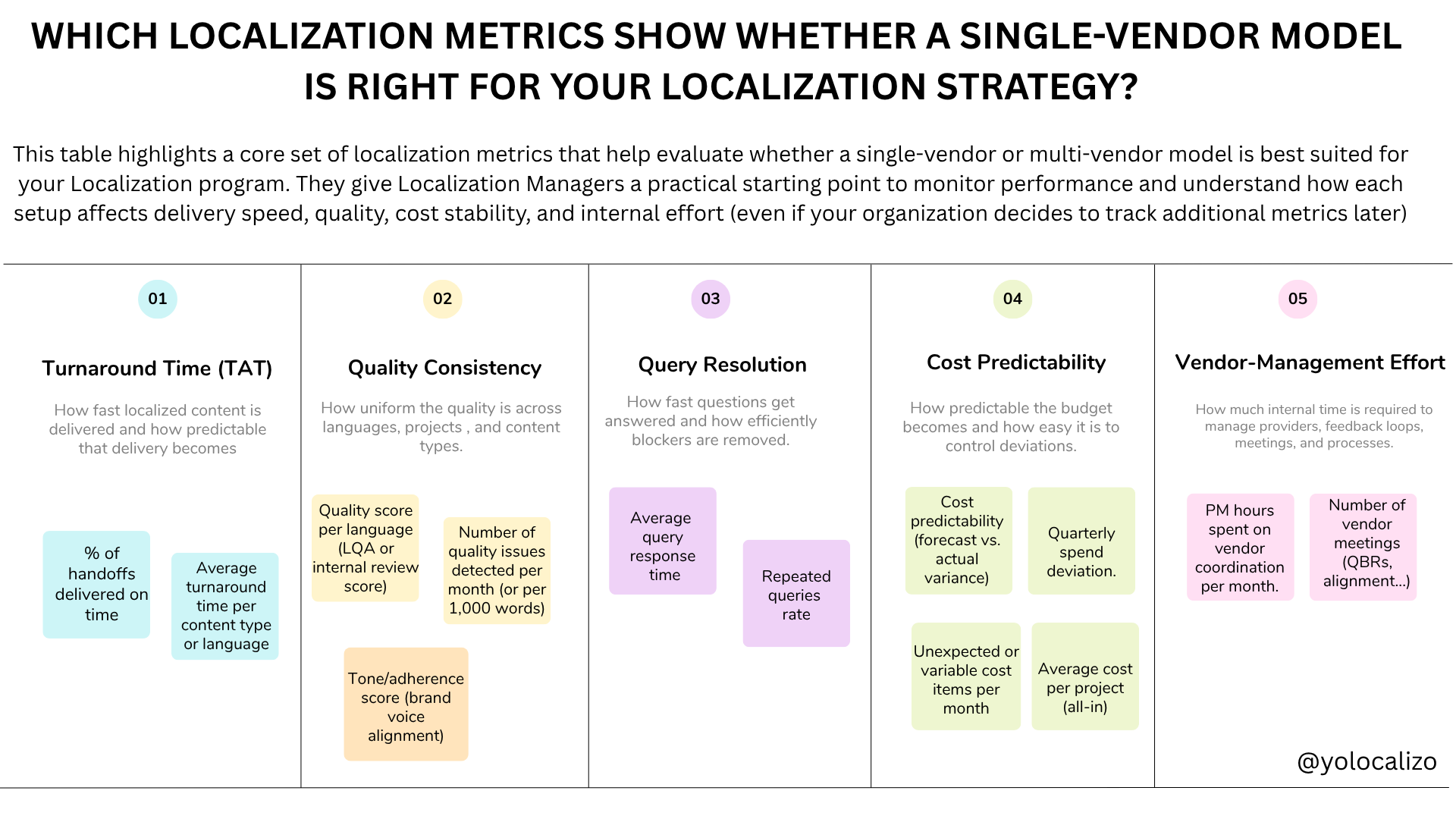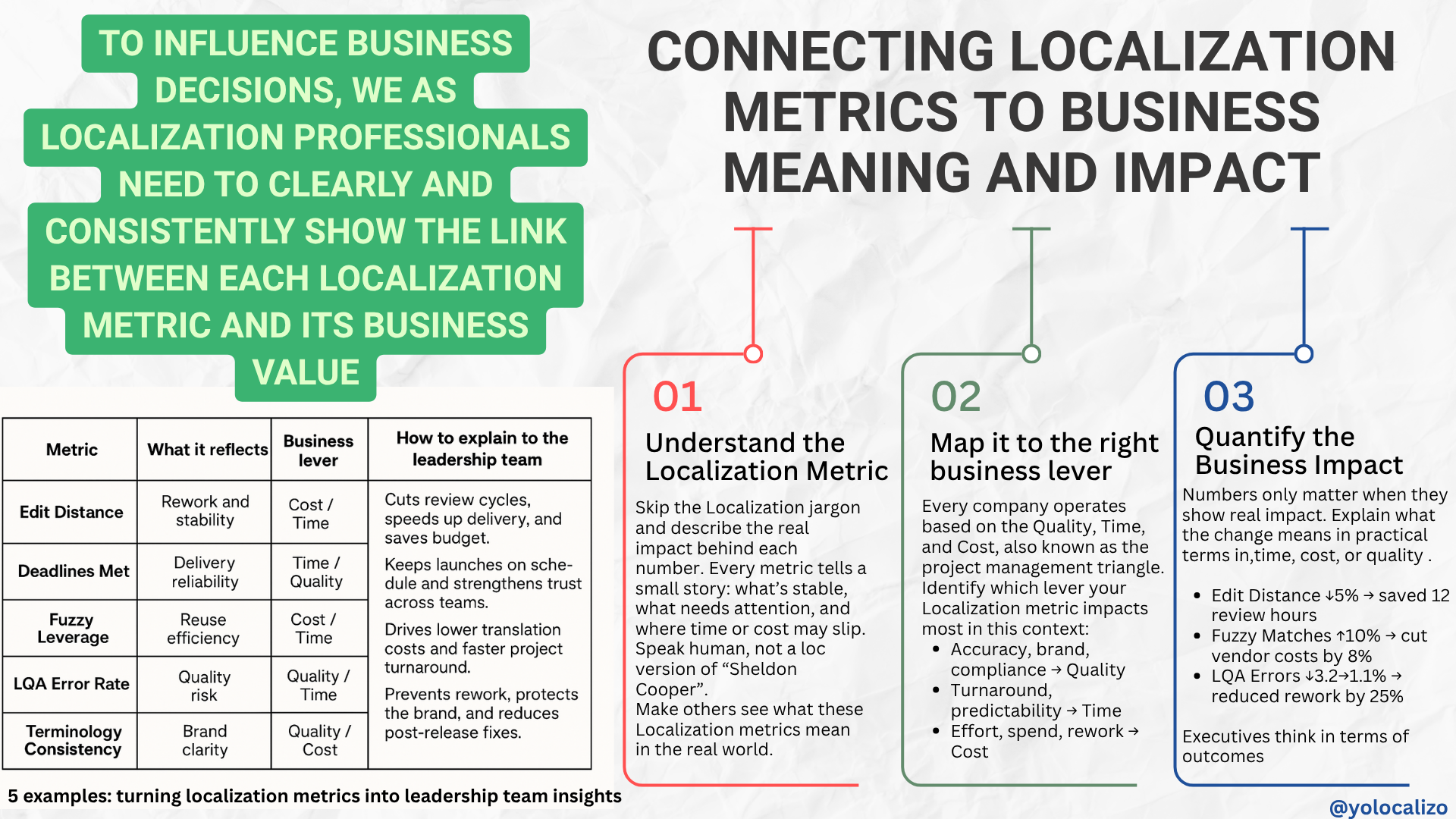This translation is terrible! Everyone seems authorized to criticize our Localization efforts
It happened again… 24th of March I arrived to the office after following my super powerful morning ritual. After waking up my body in the gym and later taste those delicious chocolate croissant that they master in Oriol Balaguer I received a notification in my iPhone.
It was a notification inviting me to check a particular email in my inbox. As this is not very common, I grabbed my MacBook and I opened Microsoft Outlook, and there I had an email …. With a comment that is following me during all my career!
Recently, we released a new App, an apparently the Localization we did was a completely disaster in Turkish!! This email was based on the feedback on several Turkish colleagues (with no background in Translation or Localization) where they listed a few mistakes in the translation of several texts.
In their opinion, the translation we had was very poor and they even suggested that in these circumstances they recommend to move away the app from the AppStore/PlayStore and fall back into English. Apparently, we have done a terrible localization from English into Turkish in that specific app :O
To be honest, while I was reading that feedback I did not enter in paranoid mode …. I drank a sip of coffee and I read carefully all the terrible mistakes we did.
I was a little bit concerned, yes, it’s not that I don’t care the feedback… it’s just that during all these years I have developed a muscle about scepticism when it comes to the concept of “this translation sound weird” …. Weird?
“adj. weird·er, weird·est
1. Strikingly odd or unusual, especially in an
unsettling way”
I’m always fascinated by the concept of weird when someone without a translation background says that the translation is weird …
I often reply them back:
"Great! Thanks for your feedback and for sharing your thoughts with me!. Can you be a little bit more specific and explain me why you believe this translation is weird? This would help us a lot to improve our services and also it will be great feedback for our translators”
And in that moment, in most of the cases the terrible translation mistakes all of a sudden becomes very blurry.
Why does this happen?
Well, very simple …. Many people assume being native speaker of one language convert you in an excellent proof-reader or translator!!! To be honest I don’t know why this happens, being native/bilingual does not convert you automatically in a a translator! Translators, localizers they do a great job to educate themselves and get specialised in different niches. Understanding the languages is not the same as being able to transmit a message in other languages. There are many terms quite complex….
For example, I was yesterday in the dentist, and we both were talking Spanish, but almost in every sentence, they used a term that I did not have any clue what it meant!!! It was very technical vocabulary … in an hypothetical situation that I want to translate my conversation …. how am I suppose to translate that without being an expert in the matter? Even if I speak the same language!!
Most translators are highly educated and they also often have additional qualifications in specialised fields such as legal, medicine, planes ….
Something that I never understood in our Localization industry is why everyone is judging the content that we translate, they judge our work, and they do it even if they are not familiar with
· the glossary,
· they are not familiar with the style guide,
· they are not familiar with the functionality of the application,
· they are not familiar with the Localization kit
· they are not familiar with the English copy. What if the translation is not the issue but the source text?
How can someone gives feedback about a translation without being familiar with these components?
Why are we taking for granted that speaking the language authorizes to judge other professionals work?
I do have a reflex camera, a good camera! … am I a pro photographer just because I have this camera?
Can I go to Mario Testino to tell him that I believe his photo was terrible because it was a little bit too much dark in my opinion?
What am I really saying here?
What I’m saying is that I like photos with vibrant colours, I’m expressing my personal preferences … but it’s just my opinion! it’s based on my preferences! it’s a preferential feedback …. And this is what happens in most cases in the localization industry. When someone says that “this translation sounds weird” what they are truly meaning is that they believe their translation suggested is much better in their opinion, in their personal view … but this feedback is totally subjective .. because if in the original translation there’s no any typo, or any grammatical mistake which is the criteria that we might follow to judge why one translation is better than the other? How can I convince Mario Testino that his photo will be awesome(r) if he uses colourful colours?
We all know that Translation is a very subjective activity (again, assuming there’re no errors) … and 10 people in the same room will provided 10 different translations … and most of them will believe their translation is the best one out of those 10 translations. But the reality is that when there are no mistakes we just need to accept that just because one translation is not using the words I would have used it does not mean that it’s wrong!
In most of the cases when I receive feedback about localization mistakes is based on preferential changes … and this also reminds me a little about deciding which might be the best version of the song “Yesterday” from the Beatles, which according to studies of mentalfloss.com has been covered more than 3000 times!!! Which version of Yesterday out of this 3000 covers is the best? For many many people the original Beatles version will be by far the best! But, hey, the version of Elvis Presley is quite good as well! And the version with a plus of samba is quite nice too!
Going back to our localization example :) …. Which version of this potential 3000 different translations I might receive is the best???
The answer is that …. there’s not answer!!! … there are different styles because we all have different personalities … and in Localization, the phrase “one size fits all” it does not work at all!!! …. Anyone will have an opinion. And that’s great! That’s the beauty of Localization and the beauty of the human beings all of us different and (im-)perfect in many ways ….
So, what we should do when someone will approach us and they tell us that our translation is terrible? The following list explain what I found that it works better for me.
From terrible translation to actually is not that bad checklist :)
1. Stay curious about the feedback received about a particular translation
2. No “buts” in feedback
3. Show your gratitude for taking their time to write you to express their concerns about how terrible the translation is
4. Ensure that when they quoted examples of wrong translation they explain what’s wrong. WHY? The translation is wrong. This step is crucial. There’s nothing worse than vague feedback. It needs to be specific.
5. Ensure that they propose a new translation for every terrible mistake you have done
6. Dig a little bit more in the feedback when taking to them. The translation is terrible because:
a. It’s not accurate
b. It’s a mistranslation
c. It’s a spelling mistake
d. It’s a grammar mistake
e. It’s awkward
f. It’s not following locale standards
g. It’s offensive to any culture
7. Once you have this info I would suggest to contact your Localization vendor (or in-country reviewers) to get a feedback session for the given feedback
8. Send them the feedback with the “terrible mistakes” they did
9. Send them also the why these mistakes are terrible and send also the proposed translations
10. Set a deadline when that feedback from your loc vendor needs to be back
11. Once you have the vendor feedback there are 2 possibilities
a. Loc vendor agrees the proposed changes make sense. In that case you update your glossaries and TM and you celebrate that you have received very valuable feedback that it’s going to help you to build a better relationship with your localization partner. Because with this feedback the vendor is aligning better to your company translation style
b. The localization vendor believes that our feedback is not correct, and actually the don’t agree at all that our proposed changes might make better their original translation in anyway! In that case ….
12. Share localization vendor feedback with your peers. Since I don’t speak Truskish this is what I did in this specific case I’m explaining here. Here we might have 3 possibilities
a. Your colleague peers agree that well, maybe the translation is not as terrible as they believed originally, actually the trsanslatin after reading translator explanation is not bad!
b. Your colleagues keep insisting that the translators is right, but they believe their in-house proposed alternative translation is better. In that’s case it’s your call to please your internal stakeholders or to please your translator
c. Your colleagues don’t get back to you anymore despiste of follow up emails where you send me the feedback from translators to ensure that the localization is not as terrible as they said
Any guess which might be the scenario that happened to me between these 3 different possibilities? I won’t reveal now which it was .. but probably you can guess it :)
A translator is not only someone who understand the language, it’s someone building bridges between cultures, they need to understand much more than just words and grammar. Being bilingual is simply being capable of expressing your OWN ideas in two languages; while being a great translator is being capable of connecting two entirely different cultures through languages! It’s being able to design that solid bridge to connect English speaking countries with Turkey :)
Have a wonderful w-end!
@yolocalizo
















This feels like a pivotal moment. Localization teams are being asked to support more markets, move faster, use AI responsibly, and show impact, not just output. Expectations are higher than ever, but many teams are still trained mainly for execution. We are strong at delivering localization work, yet we often struggle to move from output to outcome and to clearly explain the impact of what we do.